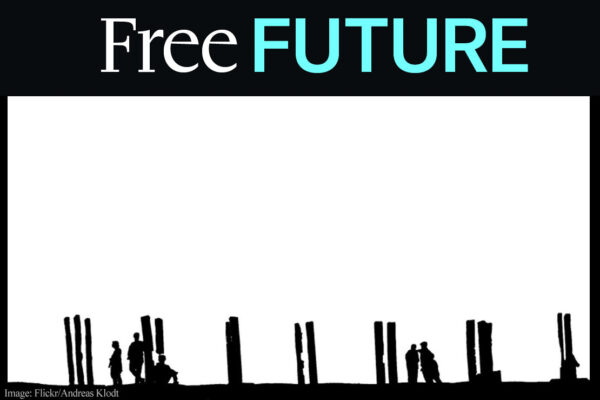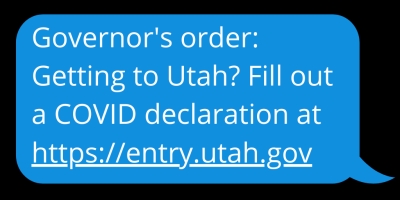Data and Privacy
The ACLU works to expand the right to privacy, increase the control individuals have over their personal information, and ensure civil liberties are enhanced rather than compromised by technological innovation.
Technological innovation has outpaced our privacy protections. As a result, our digital footprint can be tracked by the government and corporations in ways that were once unthinkable.
This digital footprint is constantly growing, containing more and more data about the most intimate aspects of our lives. This includes our communications, whereabouts, online searches, purchases, and even our bodies. When the government has easy access to this information, we lose more than just privacy and control over our information. Free speech, security, and equality also suffer.
People in Utah should not have to choose between using new technologies and protecting their civil liberties. We work to ensure a future in which the Fourth Amendment ban on unreasonable searches extends to digital property and your data is your own.

The Latest

Many States Regulate the Scanning of ID Barcodes; Why Don’t They Offer Similar Protections for Digital Driver’s Licenses?

Steps To Protect Yourself Online Against Doxxing And Harassment
Stay Informed
Sign up to be the first to hear about how to take action.
By completing this form, I agree to receive occasional emails per the terms of the ACLU’s privacy statement.
By completing this form, I agree to receive occasional emails per the terms of the ACLU’s privacy statement.


